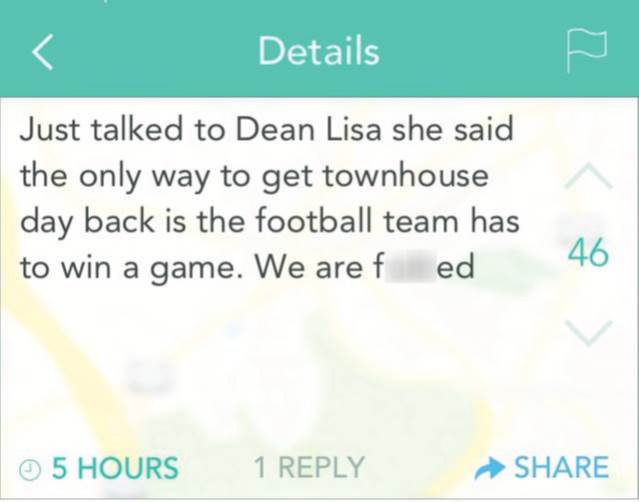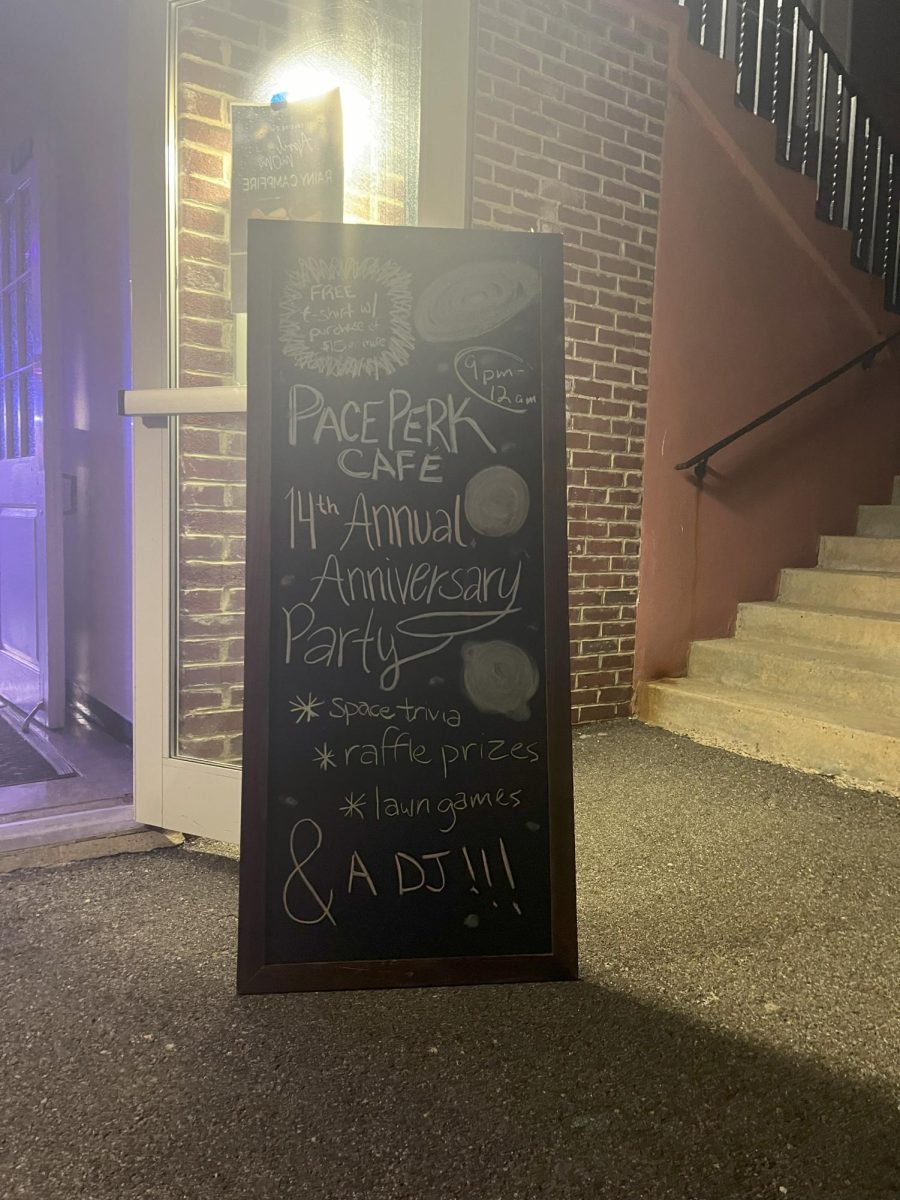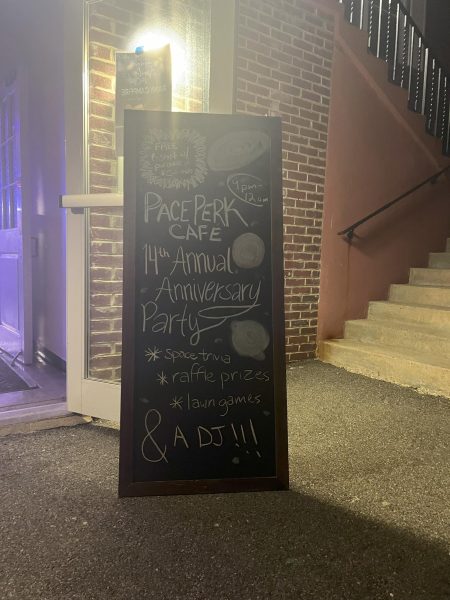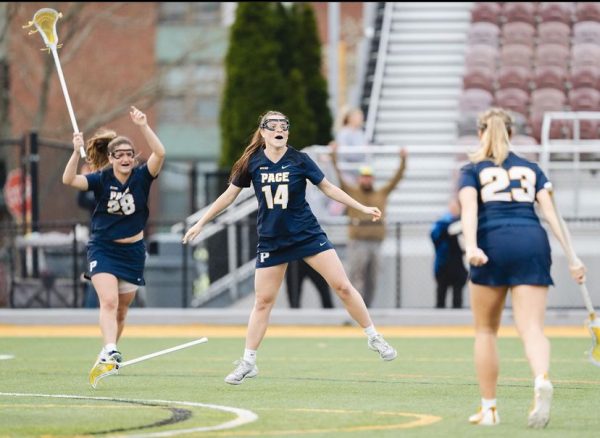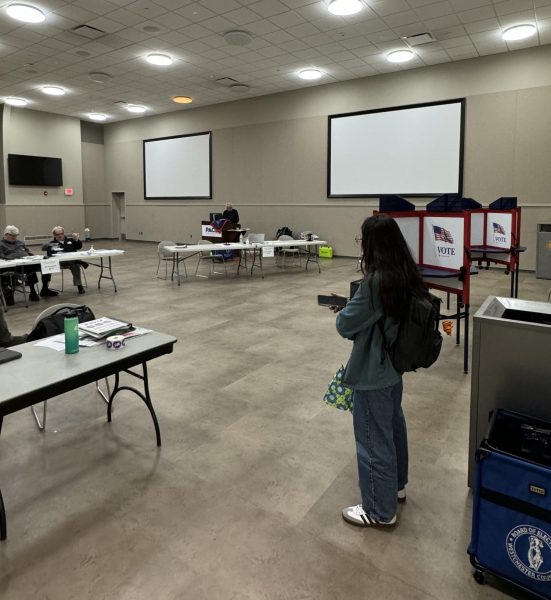Yik Yak: The New Student Confessional
October 22, 2014
A new app called Yik Yak has risen from the ashes of all the online confessions pages started in 2013.
Unlike the anonymous whistleblowing applications that came before it, including Secrets and Whisper, Yik Yak, launched in Nov. 2013 by Furman University graduates Tyler Droll and Brooks Buffington, is primarily marketed to college students.
Yik Yak works by using global positioning to find your location and show you secrets posted by other users within a 1.5 mile radius of where you are, ensuring that what you read is most likely posted by members of your own community.
Each post and response on Yik Yak is completely anonymous, creating controversy at multiple universities and school districts across the country.
The Washington Post reported that over a dozen high profile incidents have happened this month as a result of the app.
Two students at the University of Southern Mississippi have been charged with felonies because of Yik Yak-related posts. On Oct. 4, an 18-year-old freshman from Towson University was arrested and later charged with threatening to commit a violent crime and disturbing school activities after promising a “Virginia Tech Part 2.”
Abuse of the app from students in Chicago area schools has become so ruthless that Yik Yak moderators have decided to stop all operations in the area.
Although it is unconfirmed, the idea for Yik Yak is believed to have come from the viral trend of confessions pages on platforms like Facebook, Tumblr, and Twitter, started in the spring of 2013.
Hundreds of high schools and colleges, including Pace, had their own pages online in which students could post their thoughts, opinions, and secrets anonymously.
Within a month of its launch on March 21, 2013, Pleasantville’s confessions page, known as Pace University PLV Confessions, had hosted over 1000 posts made by students. For many, it became somewhat of a morning newspaper, with confessions being added by its moderator early each day.
After the summer of 2013, however, activity on PLV Confessions garnered far fewer likes and responses per post. By the beginning of 2014, the page was barely active. The last official confession to be posted on the Facebook page, on March 12, 2014, was not nearly as scandalous as those from the year before it.
Students on campus have shared different reactions to pages like PLV Confessions and the app Yik Yak.
“Pace confessions seemed like a good idea at the time, but it quickly became disrespectful,” junior nursing major Brittany Wolff said. “I was glad when it finally died down, but now this Yik Yak app can possibly start trouble up all over again.”
Others on campus, like senior criminal justice major Brian Mclean, believe that Yik Yak is only a problem if students make it one.
“Yik Yak isn’t intended to have a negative impact on Pace, or any school. It is what you make it,” Mclean said.
It is unclear as to when Pace students began “yaking.” However, for the most part, yaks from this community have involved midterms, weekend plans, and various topics trending on campus. Just as in other schools, there is always the possibility of yaks bordering on the offensive, or surpassing that line.
Thus far, moderation of the app seems scarce. Users can flag a post for being inappropriate, but there doesn’t seem to be confirmation as to what happens to those flags or how quickly they’re addressed.
Educational Technology graduate student Charles Link predicts Yik Yak to be a temporary trend that will die out soon enough.
“This is just another fad that has taken over social media,” Link said. “Yes, it’s fun now, but, in a year, everyone will have forgotten about it the same way everyone forgot about Pace Confessions.”

